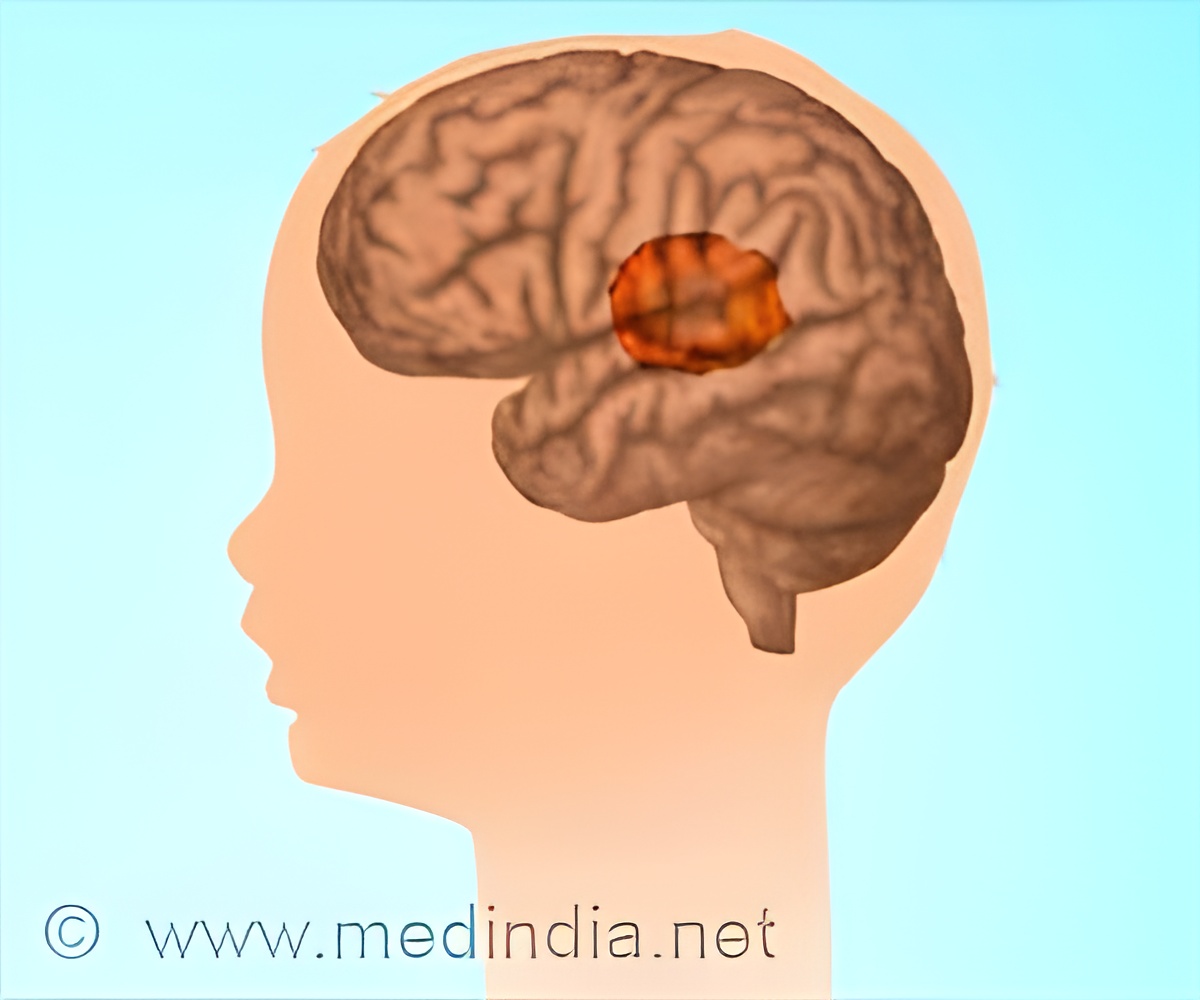TetRS is a rapid genotyping test that identifies key mutations in brain tumors using cerebrospinal fluid samples obtained through lumbar puncture.

Rapid Tumor DNA Analysis of Cerebrospinal Fluid Accelerates Treatment of Central Nervous System Lymphoma
Go to source). “Unlike other forms of cancer that might get diagnosed at an outpatient center, most brain tumors and spinal cord tumors get diagnosed in the hospital, where patients often present with rapidly progressive deficits. This means that speed is of the essence,” said corresponding author Ganesh Shankar, MD, PhD, a neurosurgeon and neurosurgical director of biospecimen banking for the Department of Neurosurgery at Massachusetts General Hospital (MGH), a founding member of the Mass General Brigham healthcare system. “Because of the test we’ve developed, patients are now being diagnosed and treated without brain biopsies, which has also resulted in decreased time to diagnosis from 10 days to 2 days.”
Shankar traces the origins of TetRS back almost a decade, to a time when researchers identified a handful of genes that were mutated in certain forms of brain cancer. In a paper published in 2015, the team showed that genetic mutations could be detected in tissue samples removed during surgery. The team further optimized TetRS and showed in 2021 that they could use the same approach on cerebrospinal fluid.
The new study puts TetRS to the test in the real world, where patients may present to the Emergency Department with an abnormal lesion that could be from a tumor or could be from something else. The research team wanted to ensure that TetRS could help lead to an accurate diagnosis faster, without leaving any room for a false positive result.
Advances in Brain Cancer Diagnosis
Shankar and colleagues designed TetRS to look for genetic signatures unique to brain cancer, including mutations in the MYD88, TERT promoter, IDH1, IDH2, BRAF and H3F3A genes. The team evaluated samples from 70 patients, 33 of whom were eventually diagnosed with neoplasms (abnormal tissue that can be benign or malignant). TetRS alone diagnosed six of the patients and, when combined with conventional methods, diagnosed an additional eight patients, for a total sensitivity of 42 percent. For the other 37 patients who were not diagnosed with neoplasms, TetRS returned zero false positives, for a specificity rate of 100 percent.Using the rapid genotyping test eliminated the need for surgical brain biopsies for seven patients and significantly accelerated time to treatment for them, from an average of 12 days down to an average of 3 days.
The authors note that larger studies are needed to determine whether their findings are broadly applicable and what the clinical impact of earlier diagnosis and treatment will be for patients.
Advertisement
“By working together across pathology, neuro-oncology and neurosurgery teams, we’ve developed an innovative, collaborative way to improve patient care,” said co-author Deborah Forst, MD, of the Mass General Cancer Center. “The ability to rapidly detect tumor-related molecular variants in patients’ spinal fluid samples has allowed us to promptly draw diagnostic conclusions through less invasive testing and to initiate individualized and potentially life-saving chemotherapies in rapid fashion.”
Advertisement
- Rapid Tumor DNA Analysis of Cerebrospinal Fluid Accelerates Treatment of Central Nervous System Lymphoma - (https://ashpublications.org/blood/article/doi/10.1182/blood.2024023832/516189/Rapid-Tumor-DNA-Analysis-of-Cerebrospinal-Fluid)
Source-Eurekalert















